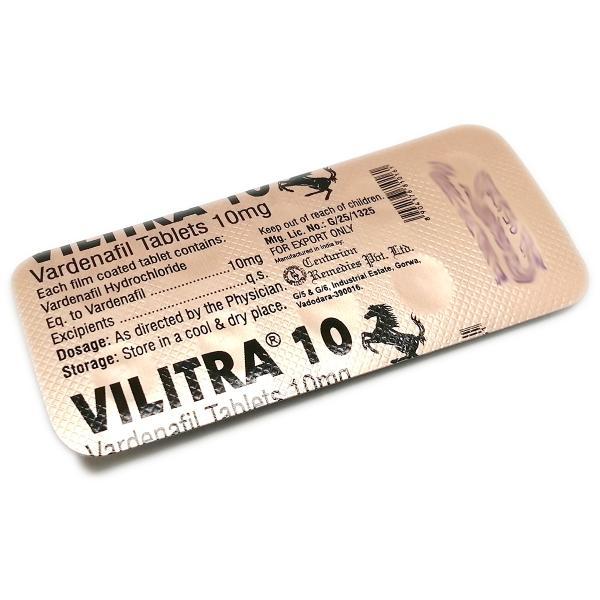
Tretinoin Gel: A Comprehensive Guide to Acne Treatment and Skin Renewal
Tretinoin Gel is a powerful topical medication that has garnered significant attention in the skincare community for its efficacy in treating acne and improving overall skin texture. As individuals increasingly seek effective solutions for their skin concerns, Tretinoin has emerged as a widely recommended option by dermatologists and beauty experts alike. This article delves into what Tretinoin Gel is, its benefits, potential side effects, and essential tips for use. For those interested in purchasing Tretinoin Gel, you can find it Tretinoin Gel https://sante-en-ligne24.fr/acheter-tretinoin-gel-sans-ordonnance/.
What is Tretinoin?
Tretinoin, also known as all-trans retinoic acid, is a derivative of Vitamin A. It is a potent topical agent that is utilized to treat various skin conditions, primarily acne vulgaris. Tretinoin works by increasing cell turnover, which helps unclog pores, reduces the formation of new acne, and promotes the growth of new, healthy skin cells. Beyond its application for acne, Tretinoin is also effective in treating signs of aging, such as fine lines, hyperpigmentation, and uneven skin tone.
Benefits of Tretinoin Gel
1. **Acne Treatment**: Tretinoin Gel is renowned for its ability to significantly reduce acne breakouts. By promoting the shedding of dead skin cells, it helps prevent the formation of comedones (clogged pores) and reduces inflammation associated with acne.
2. **Anti-Aging Properties**: The benefits of Tretinoin extend beyond acne treatment. It stimulates collagen production and encourages the turnover of skin cells, which can lead to a reduction in the appearance of fine lines and wrinkles over time.
3. **Improves Skin Texture**: Regular use of Tretinoin Gel can enhance the overall texture of the skin, leaving it smoother and more radiant. It can help to fade rough patches and improve tone and clarity.
4. **Hyperpigmentation and Dark Spots**: Tretinoin is effective in treating hyperpigmentation, including post-inflammatory hyperpigmentation and sunspots, by accelerating the skin’s natural renewal process.
How to Use Tretinoin Gel
When incorporating Tretinoin Gel into your skincare regimen, it is essential to follow specific guidelines for optimal results and to minimize potential side effects.
1. **Start Slowly**: If you have not used retinoids before, it is advisable to start with a lower concentration and apply it every other night to allow your skin to acclimate. As your skin becomes accustomed, you can gradually increase the frequency.

2. **Apply at Night**: Tretinoin should be applied in the evening after cleansing and drying your skin. This is because the compound can increase skin sensitivity to sunlight, making nighttime the ideal time for application.
3. **Use a Pea-Sized Amount**: A small amount of gel, roughly the size of a pea, is sufficient for the entire face. Applying more than this can lead to irritation without providing additional benefits.
4. **Moisturize**: To reduce potential dryness or irritation, consider applying a gentle moisturizer before or after applying Tretinoin. A buffer of moisturizer can help mitigate side effects while still allowing for effective treatment.
Possible Side Effects
While Tretinoin Gel is generally well tolerated, it can cause some side effects, especially when first introduced. Common side effects include:
- Redness and irritation;
- Dryness or peeling of the skin;
- Increased sensitivity to sunlight;
- Burning or stinging sensation.
If these side effects persist or worsen, it is essential to consult a healthcare professional. In some cases, a lower concentration of Tretinoin or a less frequent application may be necessary.
Who Should Use Tretinoin Gel?
Tretinoin Gel is suitable for a variety of skin types, but it is essential to consider individual skin concerns and conditions. It is primarily recommended for:
1. **Individuals With Acne**: Those struggling with acne can benefit significantly from Tretinoin, especially when used as part of a comprehensive skincare routine.
2. **Individuals Seeking Anti-Aging Solutions**: Those interested in reducing the appearance of fine lines, wrinkles, and age spots can incorporate Tretinoin into their regimen to promote a youthful appearance.
3. **Those with Discoloration Issues**: If hyperpigmentation is a concern, Tretinoin can help to fade dark spots and achieve a more even skin tone.
Consulting a Dermatologist
Before starting Tretinoin Gel or any new skincare treatment, it is crucial to consult with a dermatologist. They can evaluate your skin type, discuss your specific skin concerns, and recommend the appropriate strength and usage for Tretinoin based on your needs.
Conclusion
Tretinoin Gel is a versatile and effective treatment option for acne, signs of aging, and skin texture improvement. When used correctly and consistently, it can deliver remarkable results that enhance the overall health and appearance of your skin. By understanding how to use it properly and being aware of potential side effects, you can harness the power of Tretinoin to achieve your skincare goals.
